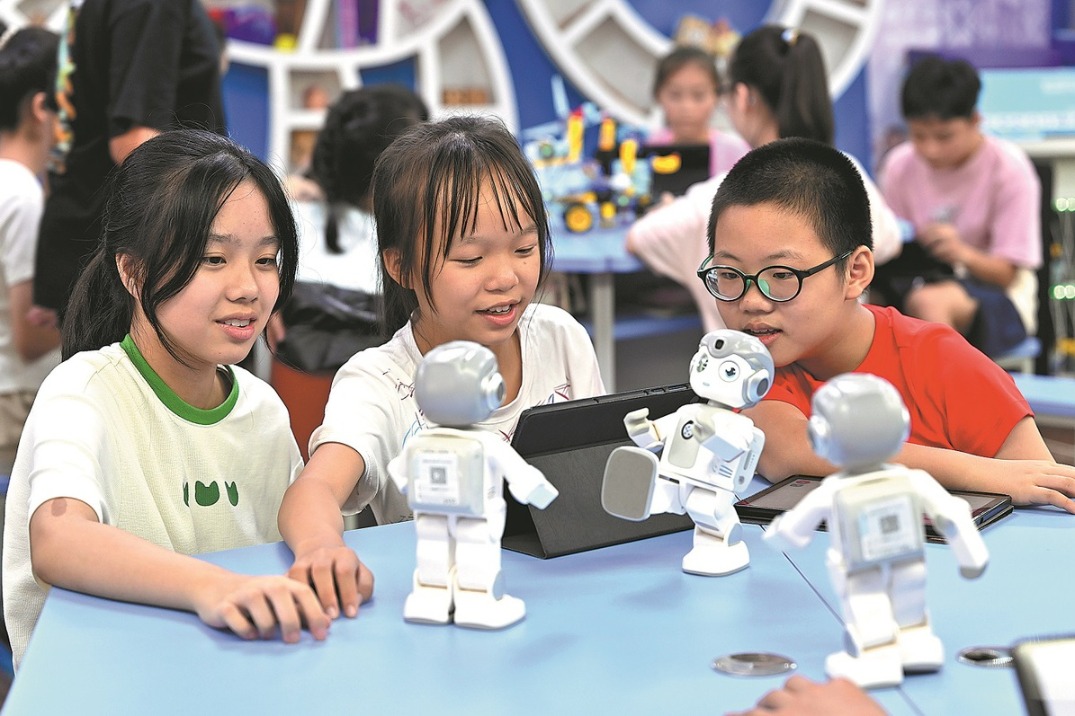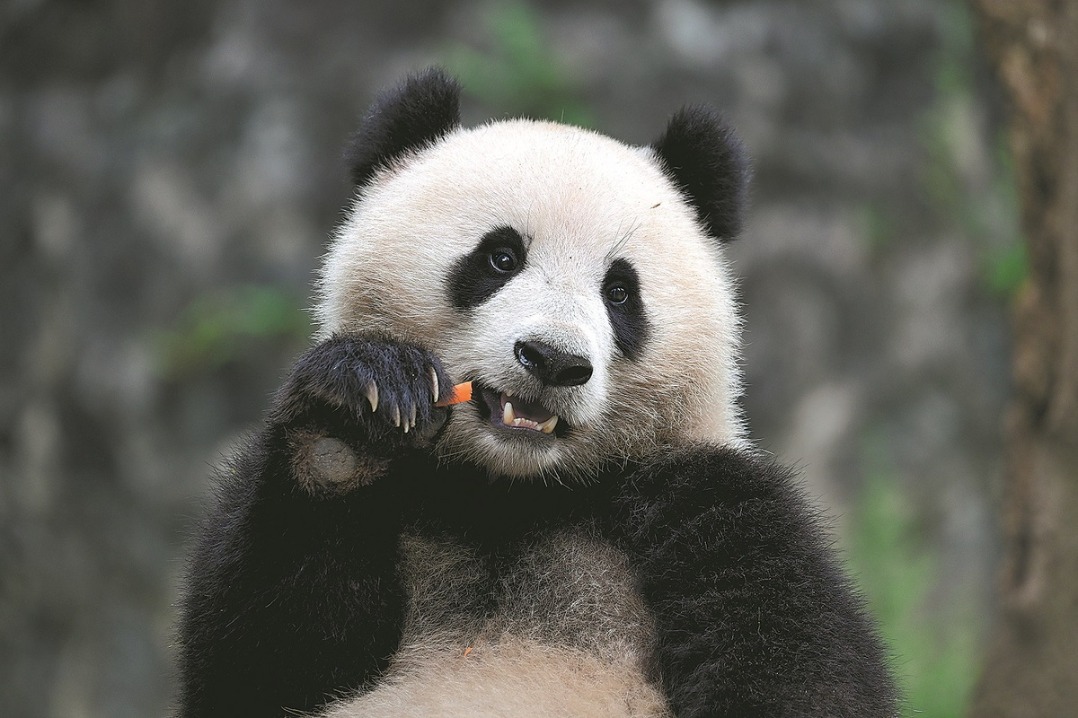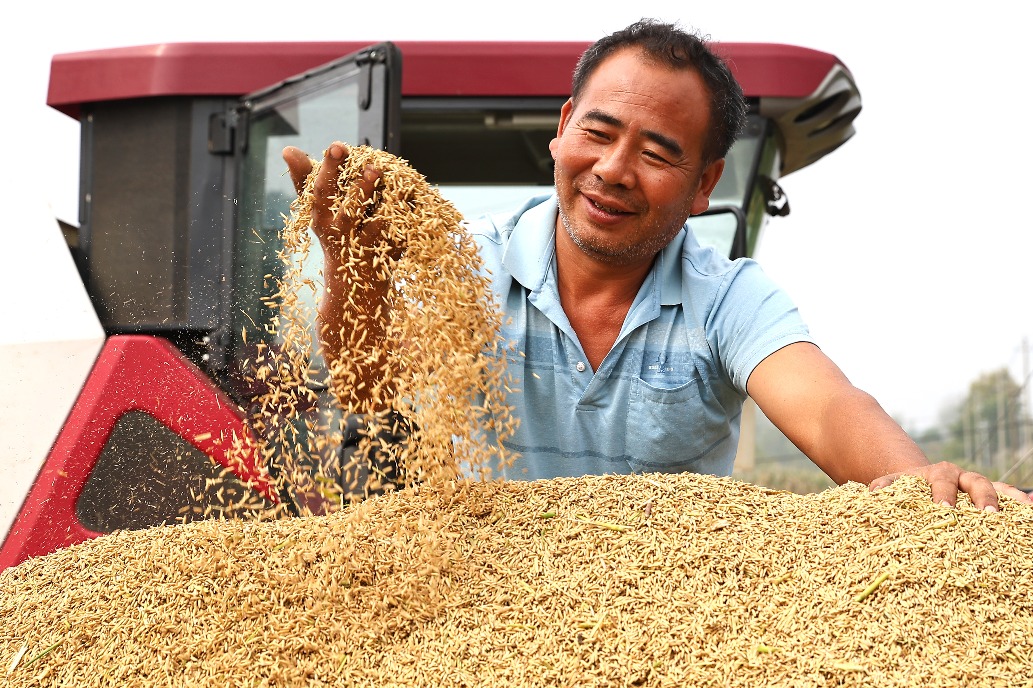Chinese museum commemorating 'two bombs, one satellite' renovated
Xinhua | Updated: 2024-10-16 15:46

BEIJING -- A museum to commemorate the "two bombs, one satellite," referring to China's first atomic bomb, intercontinental ballistic missile and satellite, has been renovated and reopened to public on Wednesday, coinciding with the 60th anniversary of China's first atomic bomb explosion.
The Chinese Academy of Sciences (CAS) transformed the site of a former rocket test base, located on the Huairou campus of the University of Chinese Academy of Sciences in the suburbs of Beijing, into the memorial museum. Originally opened in 2015, the museum has welcomed over 430,000 visitors prior to its upgrade this year.
More than 17,000 researchers from over 40 institutions affiliated to CAS participated in the development of the "two bombs, one satellite" in the 1960s and 1970s.
Among the 23 national honorees recognized for their contributions to the development of the "two bombs, one satellite", 21 are academicians of the CAS, with 17 having previously worked at the academy.
Hou Xun, a CAS academician and a researcher from the Xi'an Institute of Optics and Precision Mechanics of the CAS, said Chinese scientists participating in the missions overcame numerous technological challenges under extremely difficult conditions during those years. The new generation of scientists and technologists should inherit and carry forward the spirit of "two bombs, one satellite."
A large collection of precious relics, including the manuscripts of the founding fathers of China's nuclear and space programs, the country's first artificial satellite, and blueprints and models of many important scientific instruments and equipment used in the development of these programs, are on display at the museum.
























